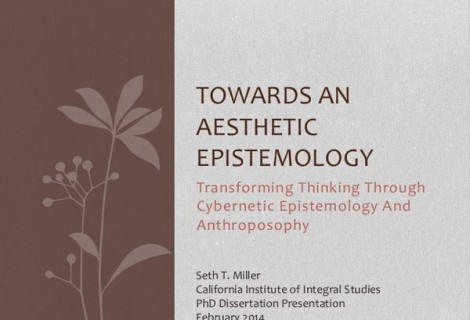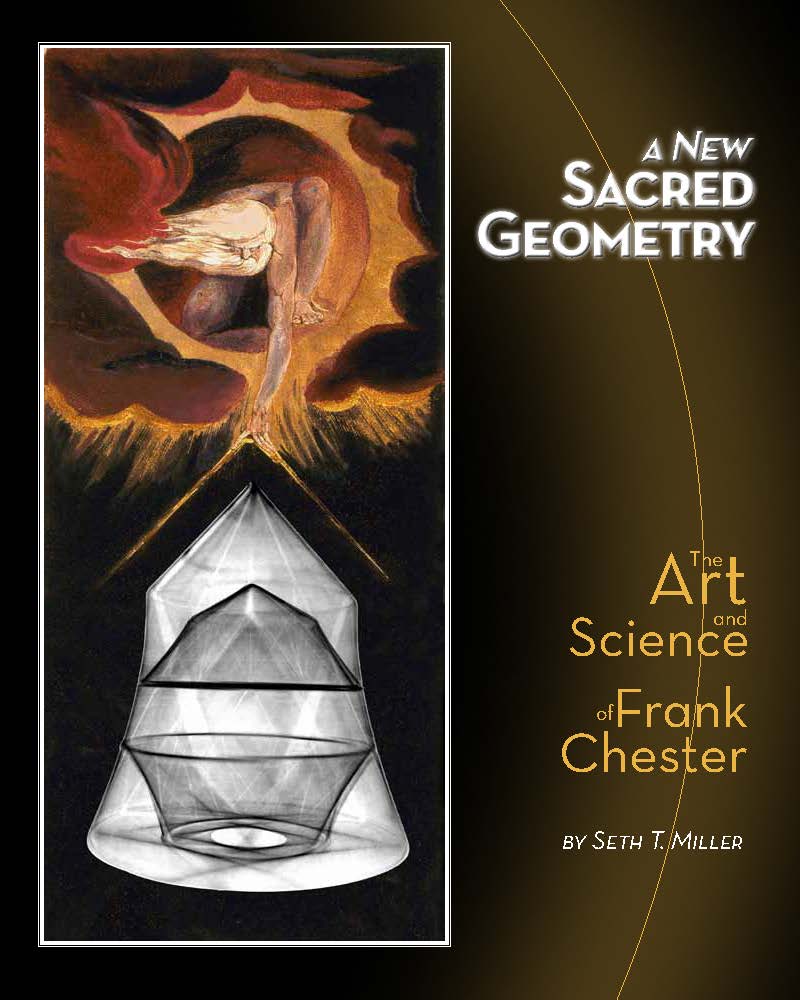A little perspective on science in light of Kuhn, relativism, and Eastern philosophy

Much is owed to the ideas of Thomas Kuhn and his thoughts on science, which rightfully and helpfully recontextualize the practice of science in light of wider realities of human complexity. However, flowing out of postmodern trends, it is easy to then think of science as completely relative and just like any other knowledge domain. Similarly, those interested in alternative ways of knowing, such as mystical, shamanic, and spiritual, may make similar claims, pointing out that science is heavily dependent upon processes that are not as objective as we once assumed.
This is all well and good, a necessary stage on the path to a wider and deeper way of knowing that is not restricted to any singular method now present. I would therefore like to offer, on one side, something of a picture of science that is less characterizational and hopefully more subtle than might often be found in the debates surrounding this issue, in an attempt to keep us from overcategorizing and oversimplifying what are very complex and subtle realms.
It is true that there are limits to the practice of science: personal, cultural, psychological, economic, etc., and that these limits do have some relationship to the content of the science performed. However, the claims concerning the complete relativism of scientific knowledge are too strong. The arguments which support that view are selective and do not do justice to the features that make scientific knowledge different than other forms of sociologically constructed knowledge.
In the first place, we must be clear that the knowledge claims made by science are always and intrinsically (if not explicitly in their actual communication) tentative, at least to some extent. Science makes no claims to absolute knowledge beyond all possible modification; rather it offers conceptualizations that are continually taken through a highly refined process whereby those ideas that have the support of the greatest diversity and depth of experimental and logical lines of reasoning are held to be the most likely version of events.
Key to this process is the continual and purposeful reintroduction of the possibility for falsity through experiment. Kuhn is able to write his critique of science preciselybecause science is built to overturn itself. It is this very feature which allows it to continue its almost complete dominance in providing practical, testable, and predictiveknowledge claims concerning the physical world. Such dominance is not simply a measure of cultural values, although these play a part. Rather, its dominance is due %(primarily) to the fact that it provides a method for the generation of ideas which have direct, testable links to patterns in human experience. In other words, it works; it suggests solutions and provides a foundation upon which such solutions can be approached.
Science has a firm basis in empirical experience. It is true that were human beings constituted differently, with different sensory capacities, we would experience the world quite differently. However, to say that these differences would lead to a radically different set of ideas about the nature and operation of the world at a very fundamental level is not only not necessarily true, but likely simply wrong. Indeed, one of the reasons for the continued demonstrable power of the scientific process is precisely that it is capable of moving beyond human sensory capacities to a more general set of relationships between abstract properties (say, the property of quantum spin). We are capable of forming new ideas which, through their connection with other ideas, leads to propositions which have definite, falsifiable results in a public arena. Every time a new idea is tested experimentally and not found to contradict predictions, evidence for the validity of both the individual idea and the underlying connections the formed the basis for the new idea in the first place mounts. This does not mean that such an idea is taken to be absolute or objectively true; rather, it means that until we have a better idea, which has more explanatory and practical value, there is no sufficient reason to not use this idea as a foundation for the continued process of scientific exploration. Whether or not the idea is “true” in some ultimate sense is, frankly, beyond the scope of science. Unfortunately, it is the misunderstanding of this subtle point upon which much of the criticisms of science are based. Equally unfortunately, even plenty of scientists seem to live under the same misapprehension, at least unless pressed, so the error is widespread.
It bears pointing out that the process upon which science relies does not restrict science to exploring only physically testable propositions. The scientific process lends itself very well to a study of the material world, but is in no way limited to this domain; it is founded upon an epistemology of human experience, not an ontology. For this reason, the content of any idea is potentially amenable to scientific exploration, including ideas that arise from experiences that are considered spiritual in nature. The question is not whether the content of the ideas link directly to any material conception, but rather whether or not it is possible for the ideas to be falsifiable, repeatable, and capable of being linked coherently to the content of other ideas which enjoy the same benefits. It is one of the most powerful features of science that ideas which do not fit this description are not held up as representing scientific claims to knowledge. In other words, unlike many other disciplines, the criterion for selection of scientific ideas is very strict. This results in both a vast arena of ideas that are simply not capable of acting in a scientific capacity (“Betty Crocker has the best cookbook”), while at the same time requiring more robustness of the ideas that are admitted (“two masses attract each other in exact accordance with their relative masses, the square of their distance from each other, and a ratio which is constant in all situations”). Thus, scientific knowledge achieves a level of generic applicability that far outstrips knowledge claims made by (arguably) any other discipline that claims to produce knowledge.
Science concerns itself, in the broadest way, with questions concerning the nature of the universe, its parts, their behaviors and interrelationships, and the discovery of patterns that are thus manifested. The fact that we do discover — I emphasis discover even though arguments have been made to the effect that all discovery is invention — regular patterns in our directed experience of the world is remarkable. Even though the perception of these patterns requires some very particular sensory apparatus, the patterns thus revealed do not seem to rely solely on the particular approach made to them. Thus a more generalized concept is reached which links a variety of different avenues of evidence into a coherent whole which has consequences for each of the various domains which it touches. Most often this takes the form of mathematical relationships, but not always.
It should also be admitted that the scientific process is restricted to those parts of the universe which can submit themselves to conceptualization in the human mind. It is simply beyond the capacity of science to reach into non-conceptual domains, although these may very well be part of human experience in general. At the same time, it is not therefore the case that science cannot say anything about such experiences. This would only follow if it was the case that there were no links between such experiences and the parts of the universe which were amenable to conceptualization. Whether this is the case or not is a question for metaphysics, or perhaps for direct spiritual apprehension, but certainly not for science. But it is precisely on the basis of these non-scientific types of perception that the likeliest answer to this question is that such linkages do exist, and that the universe is vastly interconnected amongst all its levels. In this case, science can serve as a supplementary support to experiences which lie outside its normal domain, by offering up to such experience the relationships and patterns that are found to hold in its more restricted domain.
For this reason, science and spirituality indeed can — and even must — live together in mutual support. It is always possible to hold a different paradigm, with different knowledge claims and a different epistemology, and within such different systems the world appears differently. However, despite the relative and contextual nature of differing epistemologies, it is not therefore necessarily valid to say that all epistemologies are ‘essential equal’, which is the same thing as saying that they are all equally arbitrary. For some purposes, chosen by human agents, some epistemologies are vastly superior to others.
Just as science has real difficulty in dealing with experiences that do not have a strong or identifiable basis within the physical part of reality when compared to metaphysical or spiritual systems, so too metaphysical or spiritual systems have real difficulty in dealing with the very obstinate details of physical experiences. Each tends to shuffle the claims of the other into a sort of quarantine bin, where it is dealt with in a way that does not do justice to the depth and breadth of the other’s experience. It is very difficult to coherently cross this dissolute but entrenched lined: the bulk of our scientific knowledge does not come from meditative or transcendent experience, and the bulk of our spiritual knowledge does not come from scientific experience. Of course claims can be made that, in India in particular, something of a spiritual-science has been more or less continually developed for thousands of years, but the object of this type of science is quite far removed from the goals and achievements of modern science. The point is simply that as advanced as any system of spiritual science might be, none has yet produced knowledge claims that are as far reaching, inter- and intra-coherent, evidentially supported from multiple, diverse disciplines, and practically efficacious as that produced by modern science.




